Speaker: prof. Roger Malina (The University of Texas at Dallas)
Talk: How Art and Design can help Redesign Science itself; both the scientific method and the social embedding of science
Time: 11th May 2018, 9:00 am
Venue: Intercollegiate Faculty of Biotechnology, Abrahama 58, hall 042
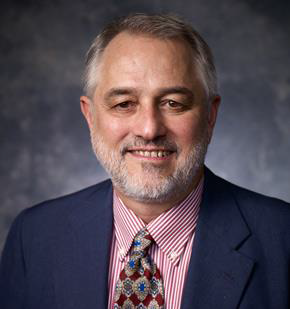 Roger Malina is a physicist, astronomer and executive editor of the Leonardo publications at MIT Press. With dual appointments as a professor of arts and technology and a professor of physics at UT Dallas, he focuses on connections among the natural sciences and arts, design and humanities. He is a former director of the Observatoire Astronomique de Marseille Provence (OAMP) in Marseille, and member of its observational cosmology group, which performs investigations on the nature of dark matter and dark energy. He is also a member of the Mediterranean Institute for Advanced Study (Institut Méditerranéen de Recherches Avancées, IMERA), an institute he helped to organize. IMERA seeks to contribute to trans-disciplinarity between the sciences and the arts and places emphasis on the human dimensions of the sciences. Malina was also a member of the jury for the Buckminster Fuller Challenge 2011, which awards a prize to those who create strategies with potential to “solve humanity's most pressing problems.” Malina's specialty is space instrumentation. He was the principal investigator for the NASA Extreme Ultraviolet Explorer satellite at the University of California, Berkeley. The satellite was the first orbiting observatory to map the sky in the extreme ultraviolet band. The team at UC Berkeley had to invent new kinds of cameras, telescopes and data analysis techniques. The team was one of the first university groups to take over operation of a NASA satellite and operate it from a university, with teams of students. For 25 years, Malina has been involved with the Leonardo organizations, which his father founded in San Francisco and Paris. The organizations strive to promote work that explores the interactions between the arts and sciences, as well as between the arts and new technologies. Malina earned his bachelor's degree in physics from Massachusetts Institute of Technology in 1972, and his doctorate in astronomy from the University of California, Berkeley in 1979.
Roger Malina is a physicist, astronomer and executive editor of the Leonardo publications at MIT Press. With dual appointments as a professor of arts and technology and a professor of physics at UT Dallas, he focuses on connections among the natural sciences and arts, design and humanities. He is a former director of the Observatoire Astronomique de Marseille Provence (OAMP) in Marseille, and member of its observational cosmology group, which performs investigations on the nature of dark matter and dark energy. He is also a member of the Mediterranean Institute for Advanced Study (Institut Méditerranéen de Recherches Avancées, IMERA), an institute he helped to organize. IMERA seeks to contribute to trans-disciplinarity between the sciences and the arts and places emphasis on the human dimensions of the sciences. Malina was also a member of the jury for the Buckminster Fuller Challenge 2011, which awards a prize to those who create strategies with potential to “solve humanity's most pressing problems.” Malina's specialty is space instrumentation. He was the principal investigator for the NASA Extreme Ultraviolet Explorer satellite at the University of California, Berkeley. The satellite was the first orbiting observatory to map the sky in the extreme ultraviolet band. The team at UC Berkeley had to invent new kinds of cameras, telescopes and data analysis techniques. The team was one of the first university groups to take over operation of a NASA satellite and operate it from a university, with teams of students. For 25 years, Malina has been involved with the Leonardo organizations, which his father founded in San Francisco and Paris. The organizations strive to promote work that explores the interactions between the arts and sciences, as well as between the arts and new technologies. Malina earned his bachelor's degree in physics from Massachusetts Institute of Technology in 1972, and his doctorate in astronomy from the University of California, Berkeley in 1979.
Speaker: prof. Tadeusz Twardowski (Instytut Chemii Bioorganicznej PAN w Poznaniu)
Talk: Inne oblicze GMO, A.D. 2018
Time: 27 kwietnia 2018 r., godz: 9:00
Venue: Intercollegiate Faculty of Biotechnology, Abrahama 58, hall 042
https://ug.edu.pl/media/aktualnosci/75653/prof_tomasz_twardowski_o_gmo_a...
Speaker: prof. Bartosz Szczęsny (University of Texas Medical Branch at Galveston)
Talk: Targeting mitochondrial DNA in lung diseases
Time: 20th April 2018, 9:00 am
Venue: Intercollegiate Faculty of Biotechnology, Abrahama 58, hall 042
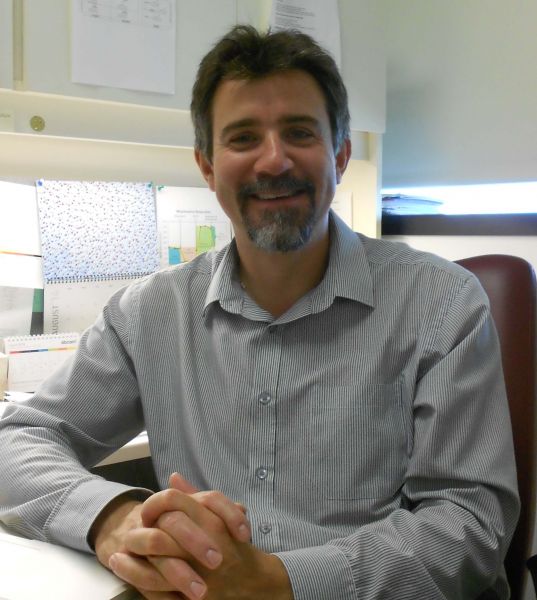 Dr. Szczesny received his BA, MS, and PhD degrees from the University of Wroclaw, Poland. He completed his post-doctoral training at the University of Texas Medical Branch at Galveston, in the United States, in Dr. Mitra’s laboratory, working on mitochondrial DNA repair. His research training includes positions at Strathclyde University, Glasgow, Scotland; Lund University, Sweden; and University in Louvain la Neuve, Belgium.
Dr. Szczesny received his BA, MS, and PhD degrees from the University of Wroclaw, Poland. He completed his post-doctoral training at the University of Texas Medical Branch at Galveston, in the United States, in Dr. Mitra’s laboratory, working on mitochondrial DNA repair. His research training includes positions at Strathclyde University, Glasgow, Scotland; Lund University, Sweden; and University in Louvain la Neuve, Belgium.
Dr. Szczesny is currently an Associate Professor in the Department of Anesthesiology at the University of Texas Medical Branch, and a Staff Scientist at the Shriners Hospital for Children in Galveston, one of the leading pediatric burn centers in the United States. Dr. Szczesny is an expert in mitochondrial DNA damage and repair, and on the signaling of mitochondrial dysfunction in various pathological conditions. His major research interests are mitochondrial dysfunction in acute lung injury and development of new treatment strategy in lung cancer targeting mitochondria/mitochondrial DNA.
Speaker: prof. Alfredo Nicosia, University of Naples (Chief Executive Officer (CEO) and Co-founder of Nouscom AG)
Talk: Soon
Time: 23th February 2018, 9:00 am
Venue: Intercollegiate Faculty of Biotechnology, Abrahama 58, hall 042

Prof. Alfredo Nicosia is the Chief Executive Officer(CEO) and Co-founder of Nouscom AG, a biotech company dedicated to the development of next generation immunotherapies to beat cancer (www.nouscom.com). He is also CEO of Reithera srl, a Biotech involved in the development of vector-based anti-infectious vaccines.
Alfredo was a co-founder of Okairos (recently acquired by GSK) and served as the company’s Chief Scientific Officer, contributing to the preclinical and clinical development of a number of vaccines (including vaccines against HCV, Ebola and malaria) and monoclonal antibodies against infectious diseases and cancer.
Alfredo’s experience includes the positions of senior director of the Viral Diseases Vaccine program at Istituto di Ricerche di Biologia Molecolare (IRBM), staff scientist at the European Molecular Biology Laboratory (EMBL) in Heidelberg, Germany and project leader at the Sclavo Research Centre in Siena, Italy.
He has also published over 150 articles in leading journals on a range of subjects, including viral and bacterial infection and vaccines and holds a number of patents and patent applications.
Alfredo holds a degree in chemistry from the University of Rome, Italy and is a full Professor of Molecular Biology at the University Federico II, Naples (Italy).
Speaker: dr Vladimir Y. Gorshkov (Kazan Institute of Biochemistry and Biophysics)
Talk: To rot, or not to rot: comprehensive view on the interactions of phytopathogenic pectobacteria with plants
Time: 9th March 2018, 9:00 am
Venue: Intercollegiate Faculty of Biotechnology, Abrahama 58, hall 042
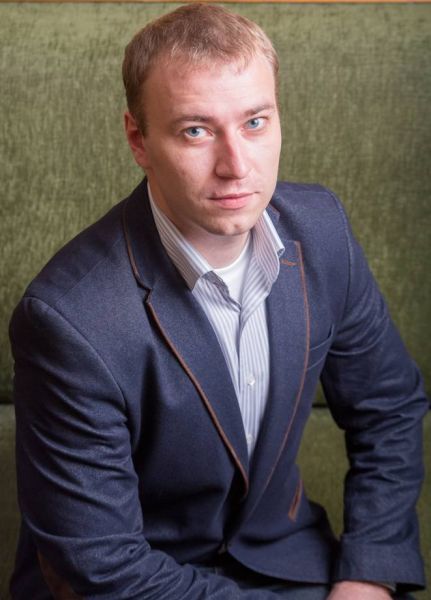
Dr. Vladimir Y. Gorshkov is a Senior Researcher at Federal Research Center: Kazan Science Centre of the Russian Academy of Sciences, Russian Academy of Science in Kazan, and a Senior Lecturer at Kazan Federal University, Russia. His main research interests are connected wiht phytopathology, plant physiology, microbiology and molecular biology. Vladimir defended his Phd thesis entitled “Cell-to-cell communication in the populations of Pectobacterium atrosepticum SCRI1043 during the interaction with host plant and under starvation” in 2009 and since then his major scientific interest is signal exchange between bacteria and host plants during interaction. Vladimir is an expert in molecular aspects of symbiosis and pathogenesis and at the moment serves as a Phd student supervisor of 3 PhD students. He is an author and co-author of more than 20 original research papers. His beloved bug is Pectobacterium atrosepticum and bellowed host plant: potato and tobacco.
Speaker: dr Natasza Kosakowska-Berezecka, dr Magdalena Żadkowska (University of Gdańsk, Poland)
Talk: Gender Gap in Biotechnology
Time: 1 December 2017, 9:00 am
Venue: Intercollegiate Faculty of Biotechnology, Abrahama 58, hall 042
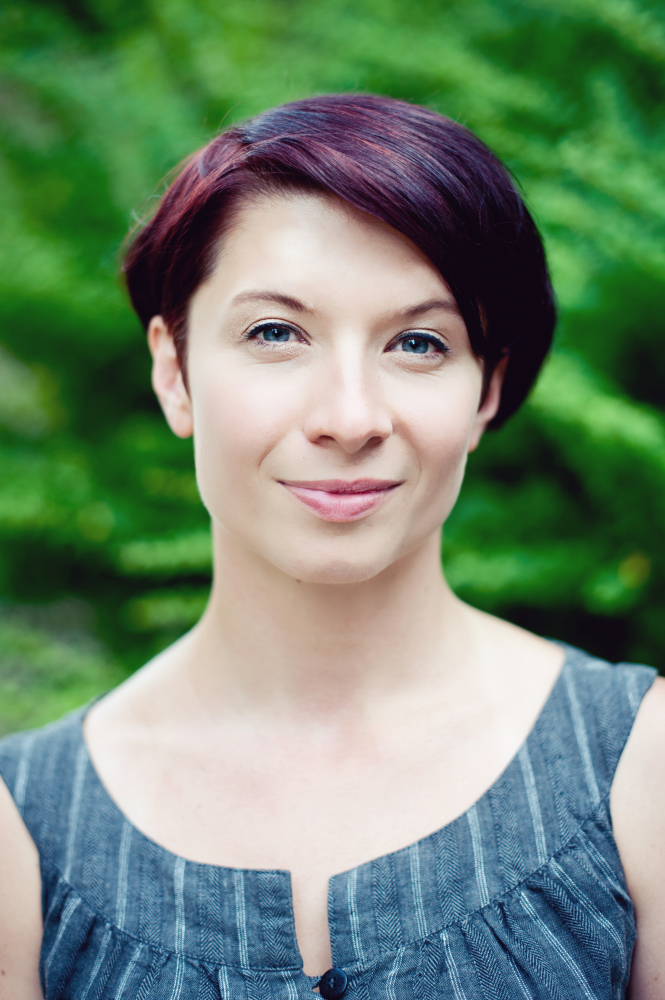 Natasza Kosakowska-Berezecka, notka biograficzna
Natasza Kosakowska-Berezecka, notka biograficznaTenerka umiejętności menedżerskich, wykładowczyni akademicka w Zakładzie Psychologii Międzykulturowej i Rodzaju w Instytucie Psychologii Uniwersytetu Gdańskiego; mediatorka oraz ekspertka ds różnorodności i równowagi praca-dom
Kierowniczka międzynarodowego konsorcjum badawczego PAR Migration Navigator (www.migrationnavigator.org)- WLB_GE "Socio-cultural and Psychological Predictors of Work-Life Balance and Gender Equality- Cross-Cultural Comparison of Polish and Norwegian Families".
Autorka i ekspertka ds. Programu oraz zaleceń organizacyjnych pomocy/ doradztwa personalnego dla kobiet i ich partnerów i Innowacyjnego programu oraz zaleceń organizacyjnych systemu szkoleń adaptacyjnych do pracy (model adaptacji do pracy) w projekcie "PI – Innowacyjny model godzenia przez kobiety życia zawodowego i rodzinnego" współfinansowanego ze środków Unii Europejskiej w ramach Europejskiego Funduszu Społecznego.
Trenerka nagrodzonego w konkursie na Dobre Praktyki EFS projektu szkoleniowego KiM Kobieta i Mężczyzna Liderami Pomorskich Przedsiębiorstw realizowanym przez Gdańską Fundację Kształcenia Menedżerów.
Ekspertka medialna: Gazeta Wyborcza, Radio Gdańsk, Polskie Radio "Trójka", Newsweek.
Współautorka i koordynatorka wdrażania Gdańskiego Modelu Integracji Migrantów, panel Edukacji Wyższej.
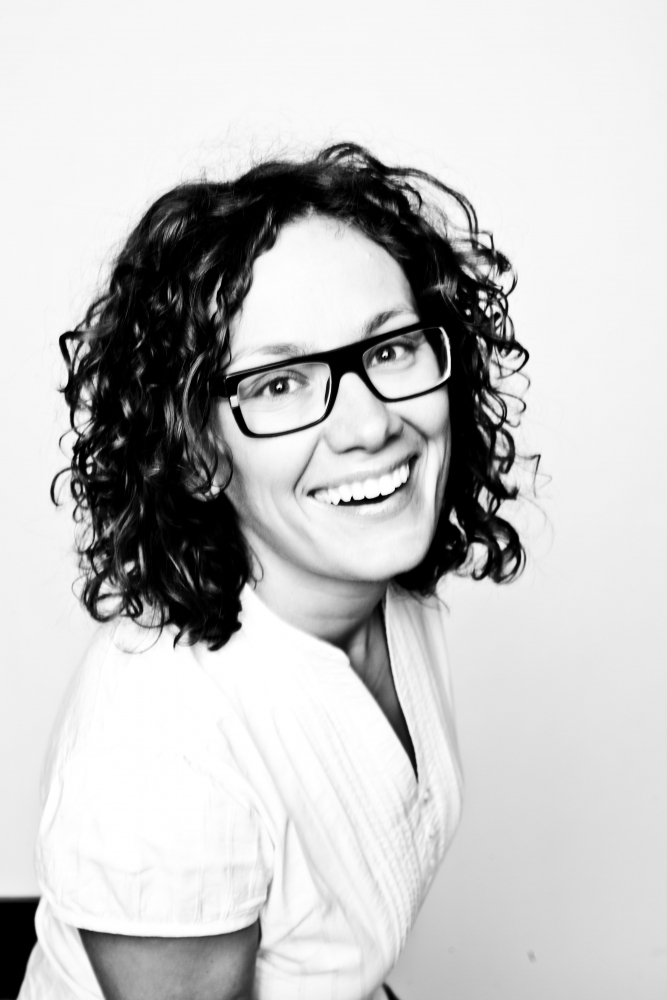 Magdalena Żadkowska, notka biograficzna
Magdalena Żadkowska, notka biograficznaPracuje jako adiunkt na Uniwersytecie Gdańskim; prowadzi zajęcia z Zarządzania projektami społecznymi, Komunikacji międzykulturowej, Zarządzania różnorodnością w organizacji i Komunikacji interpersonalnej.
Prowadzi zajęcia na studiach podyplomowych MBA: Zarządzanie różnorodnością, Metodologia projektu dyplomowego, Kierowanie zespołem.
Analizuje życie domowe i zawodowe par w Polsce i na migracji. Bada podział obowiązków i negocjowanie godzenia życia zawodowego z rodzinnym.
Ukończyła socjologię na Uniwersytecie Gdańskim i kulturoznawstwo na Uniwersytecie Jagiellońskim. Jest doktorem nauk humanistycznych w zakresie socjologii, obronionym na Uniwersytecie Mikołaja Kopernika w Toruniu. Ukończyła warsztat Kena Cushnera (nauczanie kompetencji kulturowych), ukończyła Szkołę Trenerów TROP (szkolenia oparte na empatii) i kurs trenerów Szkoły dla rodziców.
Rzeczniczka równouprawnienia i różnorodności, bardzo chętnie angażuje się w różnego rodzaju projekty upowszechniające naukę – jest trenerką biznesową, ekspertką medialną i autorką projektów społecznych.
Trenerka biznesowa, specjalistka ds. Komunikacji wewnętrznej, Komunikacji międzykulturowej, Zarządzania wartościami, Zarządzania wiekiem, Budowania zespołów, Godzenia życia zawodowego z rodzinnym i Wdrażania elastycznych form pracy.
Autorka i Koordynatorka merytoryczna nagrodzonego przez Ministerstwo Rozwoju Regionalnego w konkursie na Dobre Praktyki EFS 2011 projektu szkoleniowego KiM Kobieta i Mężczyzna Liderami i Liderkami Pomorskich Przedsiębiorstw (5 edycji).
Trenerka w projekcie KiM Kobieta i Mężczyzna Liderami i Liderkami Pomorskich Przedsiębiorstw.
Liderka badań socjologicznych w międzynarodowym konsorcjum badawczym PAR Migration Navigator (www.migrationnavigator.org)- WLB_GE "Socio-cultural and Psychological Predictors of Work-Life Balance and Gender Equality- Cross-Cultural Comparison of Polish and Norwegian Families".
Autorka metody szkoleń dla par z Godzenia życia zawodowego z rodzinnym.
Badaczka w projekcie "A więc siedzisz w domu, etnograficzne studium pracy wykonywanej z domu", grant Narodowego Centrum Nauki.
Autorka i ekspertka ds. Programu oraz zaleceń organizacyjnych pomocy/ doradztwa personalnego dla kobiet i ich partnerów i Innowacyjnego programu oraz zaleceń organizacyjnych systemu szkoleń adaptacyjnych do pracy (model adaptacji do pracy) w projekcie „PI – Innowacyjny model godzenia przez kobiety życia zawodowego i rodzinnego” współfinansowanego ze środków Unii Europejskiej w ramach Europejskiego Funduszu Społecznego.
Ekspertka w projekcie "7 kroków do Work-Life-Balance", organizowanego przez Pracodawców Pomorza.
Ekspertka medialna: Gazeta Wyborcza, Radio Gdańsk, Newsweek, TV4.
Wykładała na uczelniach polskich i zagranicznych.
Współautorka i koordynatorka wdrażania Gdańskiego Modelu Integracji Migrantów, panel Edukacji Wyższej.
Speaker: dr hab. Magdalena Król, prof. SGGW (Szkoła Główna Gospodarstwa Wiejskiego, Poland)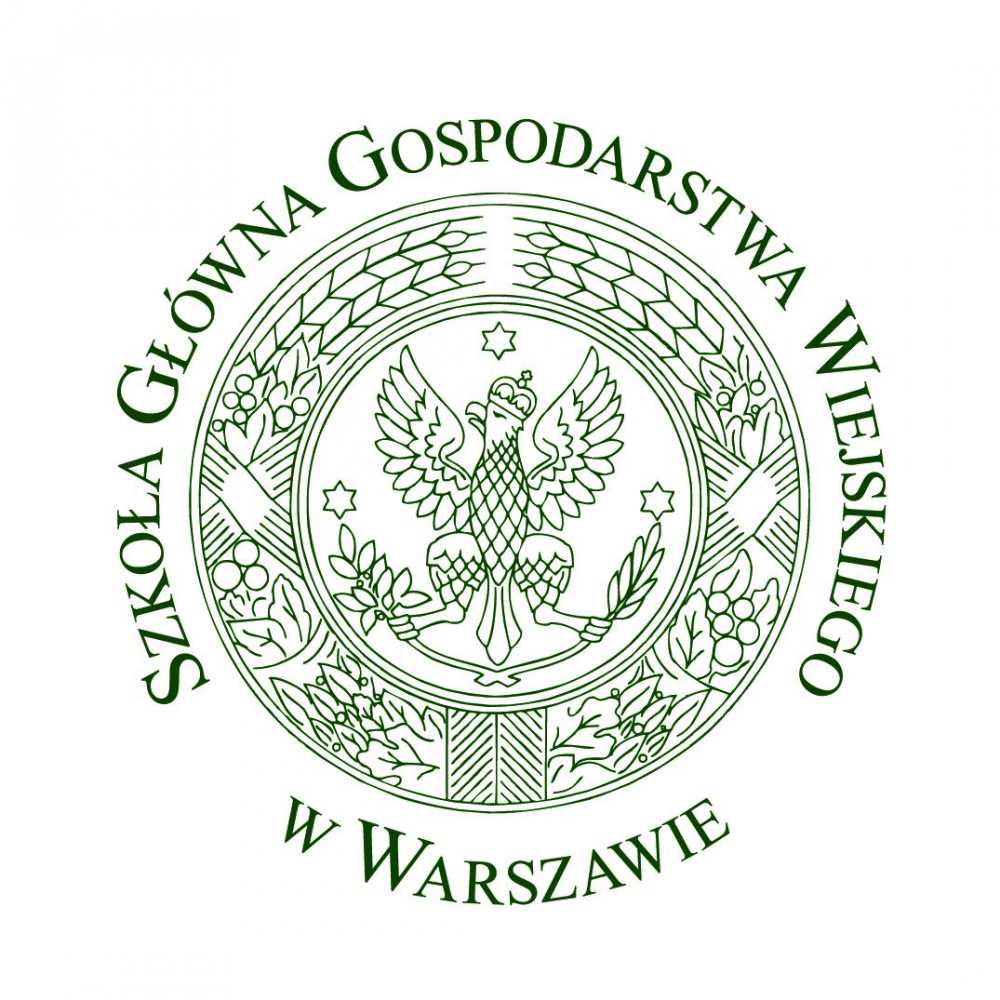
Talk: Seksmisja w nauce
Time: 1 December 2017, 9:30 am
Venue: Intercollegiate Faculty of Biotechnology, Abrahama 58, hall 042
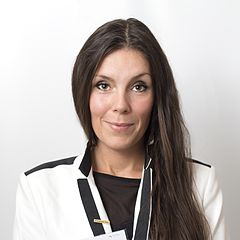 Magdalena Król, notka biograficzna
Magdalena Król, notka biograficznaProfesor Magdalena Król urodziła się w Płocku. Jest lekarzem weterynarii, doktorem habilitowanym nauk weterynaryjnych, profesorem nadzwyczajnym Szkoły Głównej Gospodarstwa Wiejskiego w Warszawie oraz Kierownikiem Zakładu Fizjologii na Wydziale Medycyny Weterynaryjnej. W 2017 roku była profesorem wizytującym na Uniwersytecie „La Sapienza” w Rzymie. Zajmuje się onkologią eksperymentalną, szczególnie fascynują ją terapie komórkowe i wpływ układu immunologicznego na powstawanie przerzutów nowotworowych.
Odbyła liczne staże naukowe w Holandii, Belgii, Szwecji i USA. Jest laureatką wielu nagród m.in. Stypendium START FNP (2011 i 2012), Stypendium MNiSW dla wybitnych młodych naukowców (2012), Young Investigator Scholarship in Veterinary Medicine ufundowanej przez Pfizer Animal Health (2012), Nagród Naukowych POLITYKI w kategorii nauka (2013), stypendium habilitacyjnego L’Oreal i Unesco „Dla kobiet nauki” (2013). W 2014 r. została laureatką plebiscytu „Polacy z werwą”, a w 2017 „Człowiekiem roku 2016” w kategorii nauka w plebiscycie „Gazety Wyborczej”.
W ubiegłym roku otrzymała prestiżowy grant Europejskiej Rady ds. Badań (ERC). Dzięki niemu przez pięć lat zespół naukowców będzie realizował projekt badawczy mający na celu wyjaśnienie zjawiska biologicznego „TRAIN” odkrytego przez prof. Magdalenę Król, która chciałaby wykorzystać je w praktyce onkologicznej.
Speaker: Dr Agnieszka Wożniak (Leuven Cancer Institute, Belgium)
Talk: Targeted therapy in mesenchymal diseases - preclinical drug testing in vivo
Time: 26 May 2017, 9 am
Venue: Intercollegiate Faculty of Biotechnology, Abrahama 58
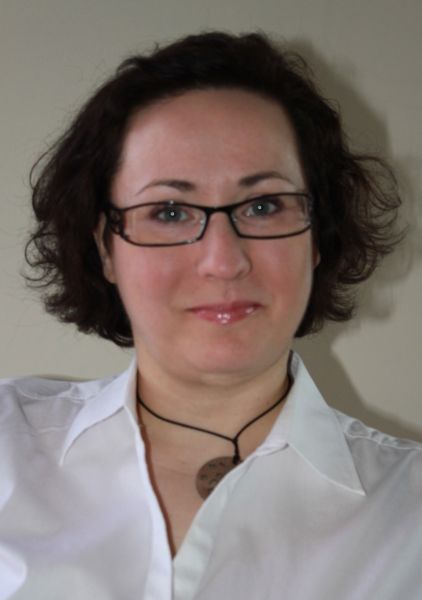
| Załącznik | Wielkość |
|---|---|
| 115.33 KB |
Speaker: dr Andrzej T. Wierzbicki (University of Michigan Department of Molecular, Cellular, and Developmental Biology (MCDB), USA)
Talk: Mechanisms of RNA-directed DNA methylation
Time: 22 May 2017, 15pm
Venue: Intercollegiate Faculty of Biotechnology, Abrahama 58
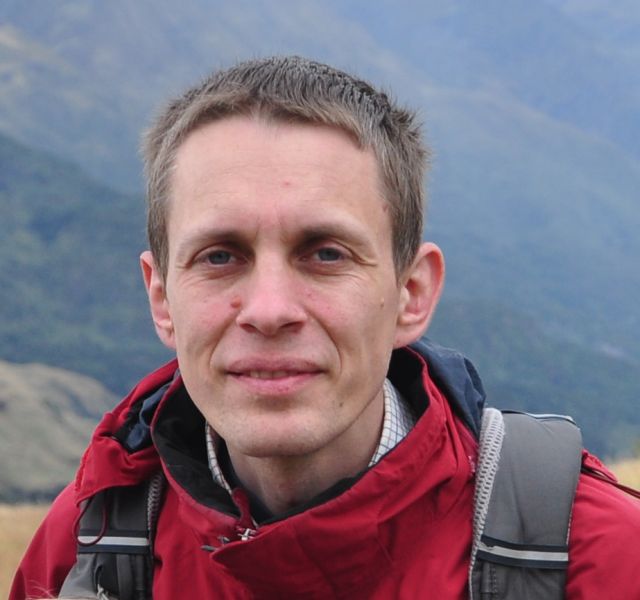
RNA-directed DNA methylation is a conserved process where small RNAs target transposons and other sequences for repression by establishing chromatin modifications. A central element of this process is long noncoding RNA (lncRNA) which has been proposed to serve as a binding scaffold for small RNAs and associated proteins. In Arabidopsis thaliana, this lncRNA is produced by a specialized RNA polymerase known as Pol V. Pol V transcripts serve as a binding scaffold for several RNA-binding proteins, which mediate the recruitment of chromatin modifying enzymes. These enzymes contribute to the repression of transposon activity and help determine the boundaries between heterochromatic transposons and their euchromatic environment. RNA-directed DNA methylation has also been implicated in controlling organization of chromosomes, which may explain how it affects expression of distant genes.
| Załącznik | Wielkość |
|---|---|
| 271.28 KB |
Speaker: Sebastian Lewandowski PhD (Karolinska Institute, MBB, Stockholm, Sweden)
Talk: Vascular injury accelerates the onset of ALS neurodegeneration: evidence from mouse models and patients.
Time: 30 June 2017, 9 am
Venue: Intercollegiate Faculty of Biotechnology, Abrahama 58

Efficient delivery of oxygen and nutrients is essential for correct brain function. Our studies focus on the mechanisms of vascular injury to explain dysfunction of the blood-brain barrier and decreased cerebral blood flow in patients with amyotrophic lateral sclerosis (ALS). We found that presymptomatic activation of the PDGFC pathway leads to dysfunction of the blood-brain barrier in ALS mouse models and is correlated with younger age at disease onset in mouse models and patients. Vascular injury also leads to dysfunction of the vascular basement membrane where perivascular astrocytes detach from cerebral blood vessels and increase expression of specific extracellular matrix proteins. We found that the increase of vascular basement membrane proteins in plasma of ALS patients is correlated with decreased levels of glucose brain uptake and younger age at disease onset. In summary our findings show that cerebral vessel injury can be a risk factor for young onset of ALS neurodegeneration.
| Załącznik | Wielkość |
|---|---|
| 139.66 KB |